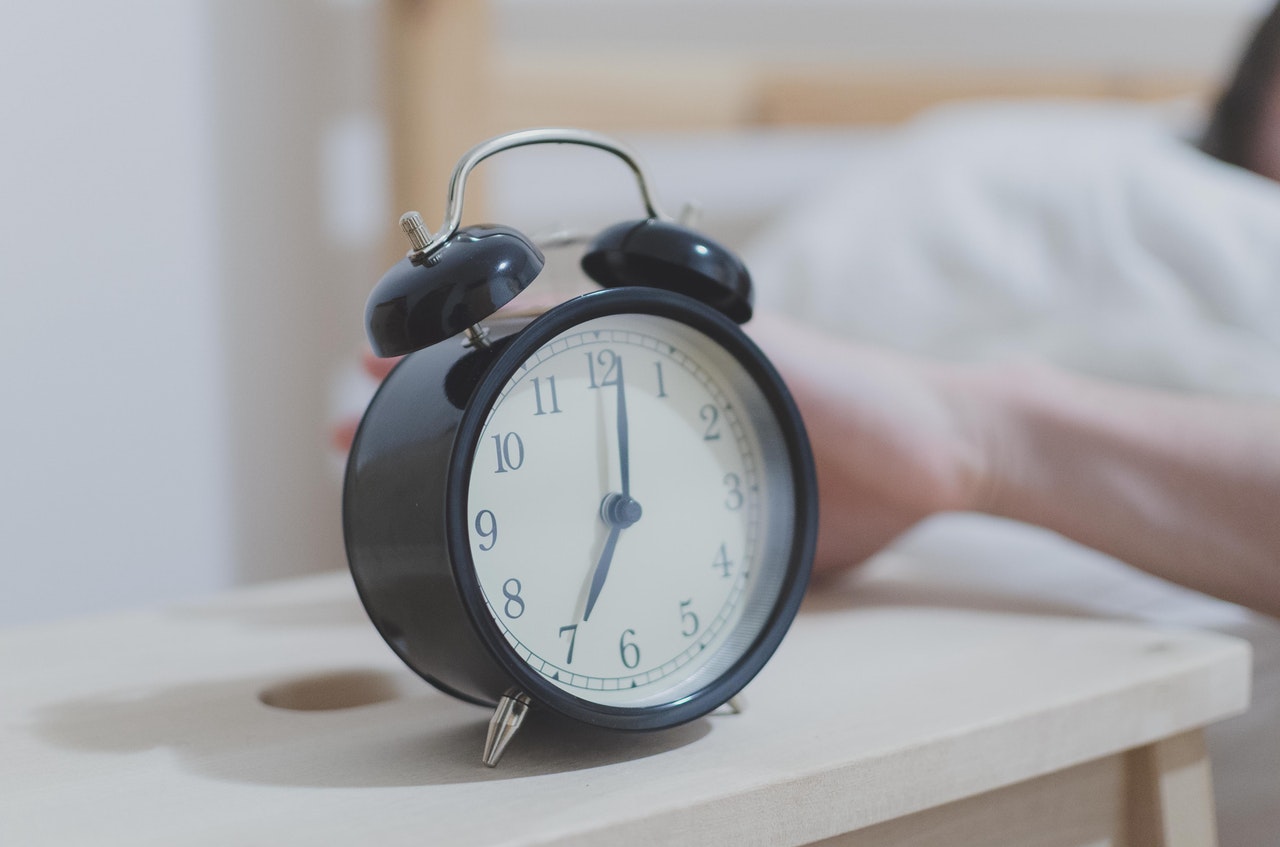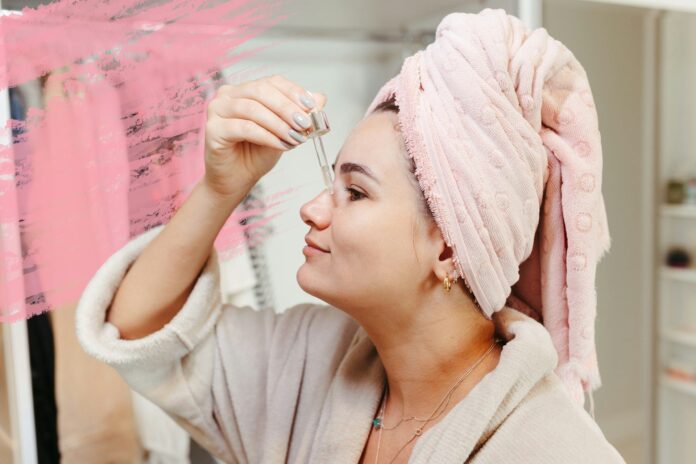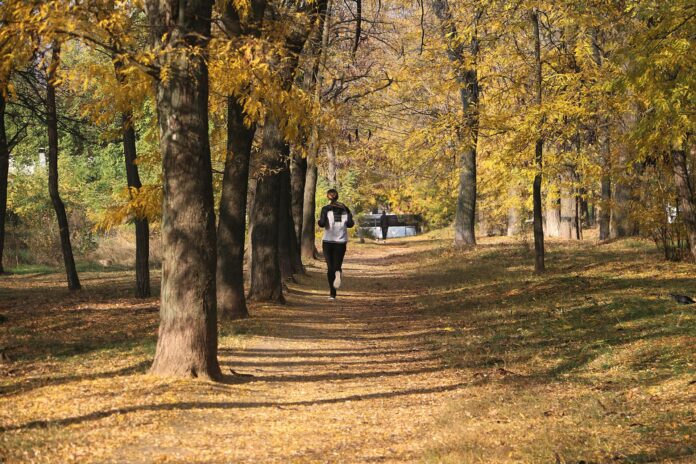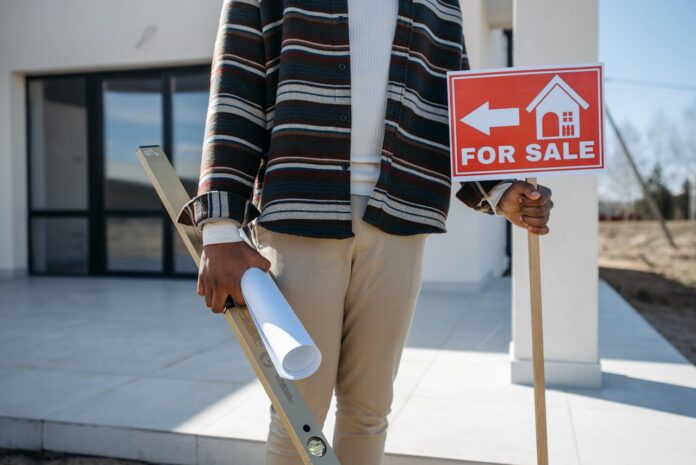It’s that time of year again. On October 27th, we’ll all turn the clocks back one hour and welcome (hmmm) the shorter, darker days of winter. The clock change means a sudden shift in daylight exposure, something which is essential for our internal body clock to maintain a 24-hour rhythm track. Though many embrace the extra hour in bed, this change also brings in months of darker times. To say it can throw you off balance is to put things very mildly indeed.
To help maintain quality sleep in the days following the clock change, we’ve teamed up with Holly Housby, sleep expert at Sealy UK, to bring you these; our 5 IDEAL tips to help you sleep when the clocks go back.
STICK TO YOUR USUAL SLEEP SCHEDULE
It’s important to try keep to your sleeping pattern, so that you go to bed and wake up at the same times as usual. Appreciate that extra hour in bed on the Sunday morning itself by using it as an opportunity to sleep for longer or just relax. But after that, try to resume normal procedure. It may take a couple of days to adjust to this new schedule but routine is the key when it comes to your body clock.
TAKE A BATH
Trying to sleep an hour earlier than usual can be difficult, especially as we may not feel tired enough yet. One way to combat this is to take a bath. Not just for relaxing, having a bath before bed can actually help to promote sleep and induce tiredness. Your temperature naturally dips at night as your body prepares for rest, beginning about two hours before sleep. When you soak in a hot bath, your temperature rises by a degree or two, and the rapid cool-down immediately after the bath imitates this natural decrease of your body temperature, which can help you to fall asleep faster.
BANISH TECHNOLOGY
According to a recent survey by Sealy UK, 47% of us are using our electronic devices each night while in bed (honestly, we thought it’d be even more). However, this can really impact our sleep quality. As well as the disruptive notifications throughout the night from texts and emails, the blue light emitted by screens from TVs, devices and tablets has an impact on our melatonin levels, the sleep-inducing hormone. This means that using technology in the run-up to bed can prevent us from feeling tired, which is definitely not what we need when we’re also trying to sleep an hour earlier than normal.
To combat this, it’s worth creating a tech-free zone for 30 minutes before bed, to prevent technology having a negative impact on your sleep and to ensure a better night’s rest.
DON’T TAKE A NIGHTCAP
One quarter (25%) of us admit to having alcohol within three hours of going to bed (honestly, we thought it would be even…okay we’ll stop) and while a nice glass of wine might be an enjoyable way to de-stress at the end of a long and hectic day, alcohol can have a negative impact on our rapid eye movement (REM) sleep, which is often considered the most restorative stage of sleep.
While you may fall asleep faster after a couple of drinks, you’ll spend less time in your REM phase of sleep – meaning you’re more likely to wake up feeling unrested and drowsy. If you still want to enjoy a nightcap in the evening, make sure you only have one, and have it as early as possible (within reason, we don’t mean the morning here guys) to minimise the effects.
TRY NOT OT NAP
The clock change can leave many of us struggling to sleep, and feeling tired at strange times during the following few days. However, it’s important that those of us struggling to sleep avoid taking naps throughout the day.
It may sound strange, but people who struggle to get a good night’s rest are the ones who need to avoid naps the most. If you’re regularly having problems sleeping, having an afternoon siesta can actually make your sleep problems worse, as it’s likely to disrupt your natural waking and sleeping patterns, and make adjusting to the new daylight hours even harder. Unfortunately, the more you feel like you need to nap, the more you need to avoid it.
So, you’ve got the sleeping bit sorted. Now, if you want some tips for your morning routine, too, check these out; our 7 IDEAL morning rituals to start your day off right.






